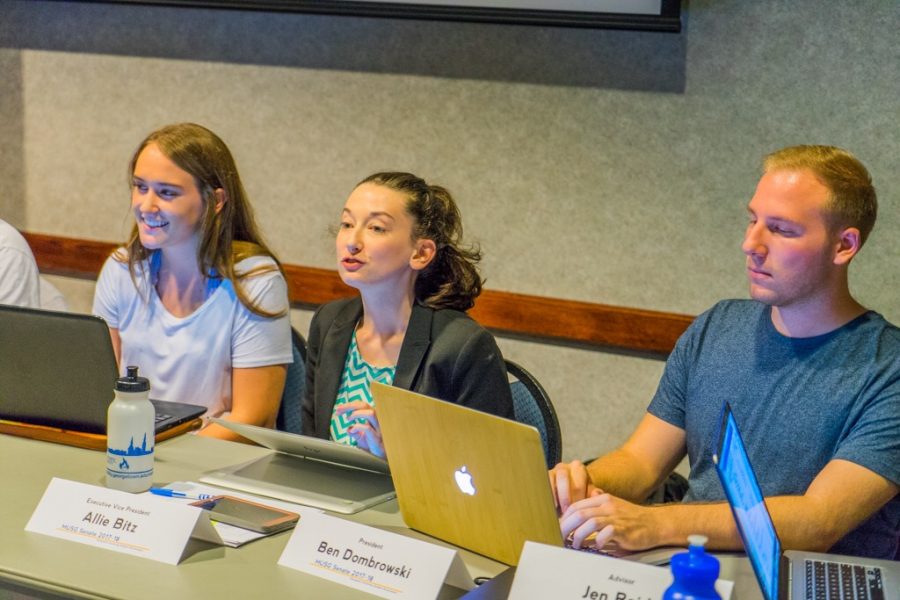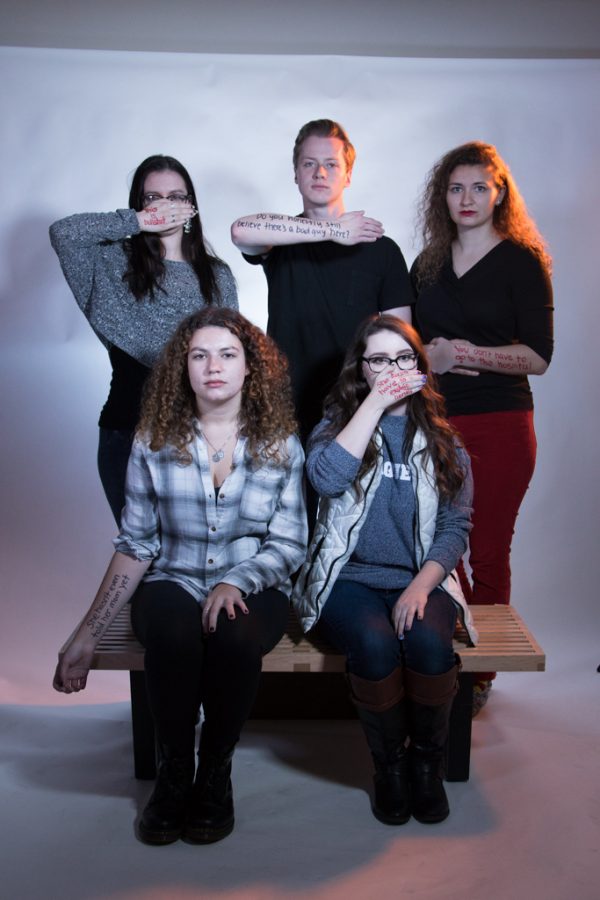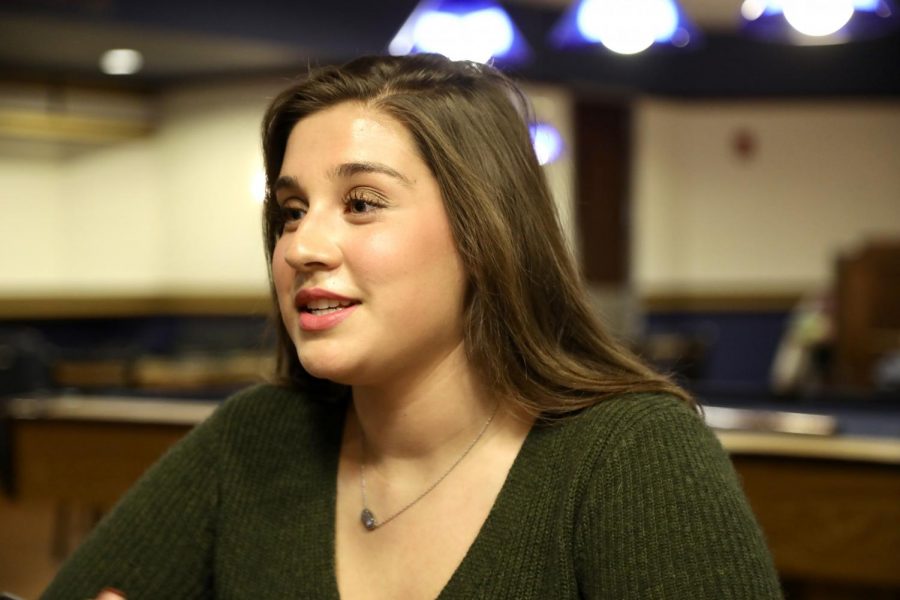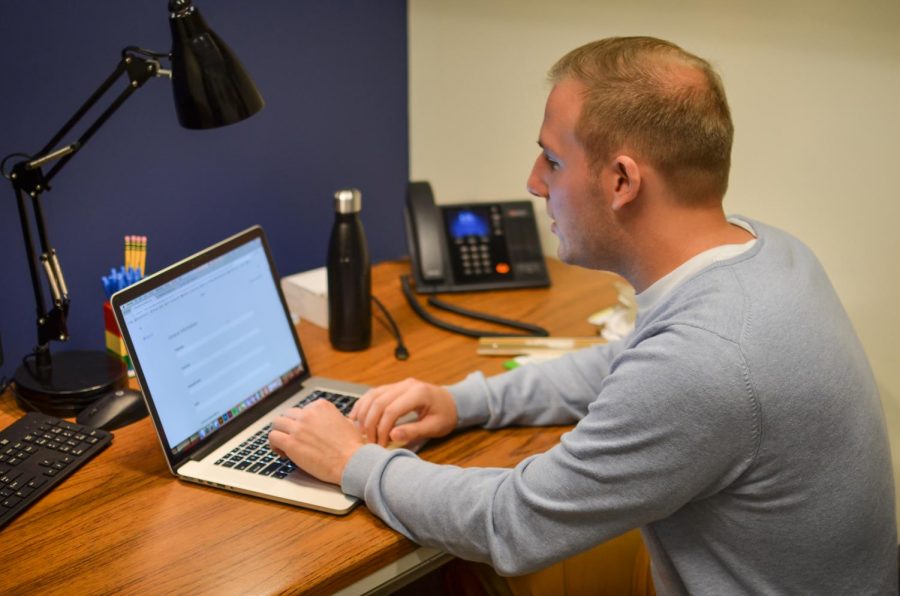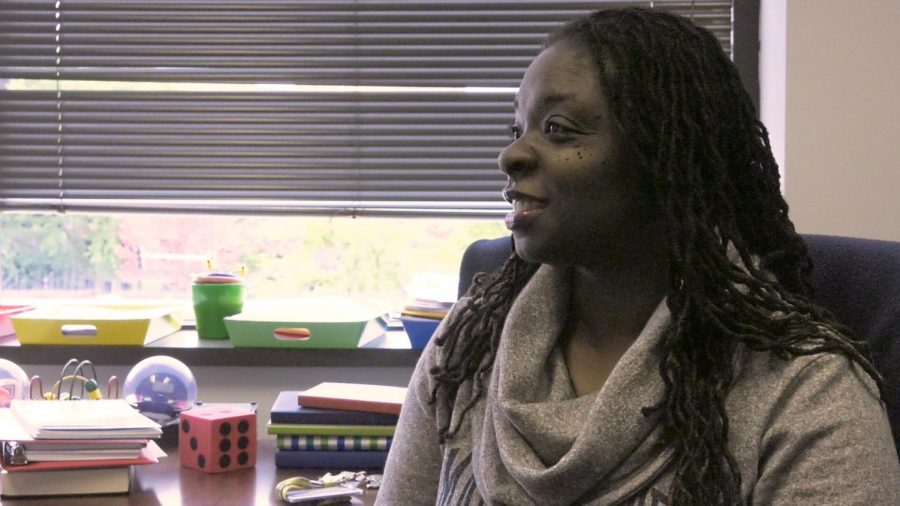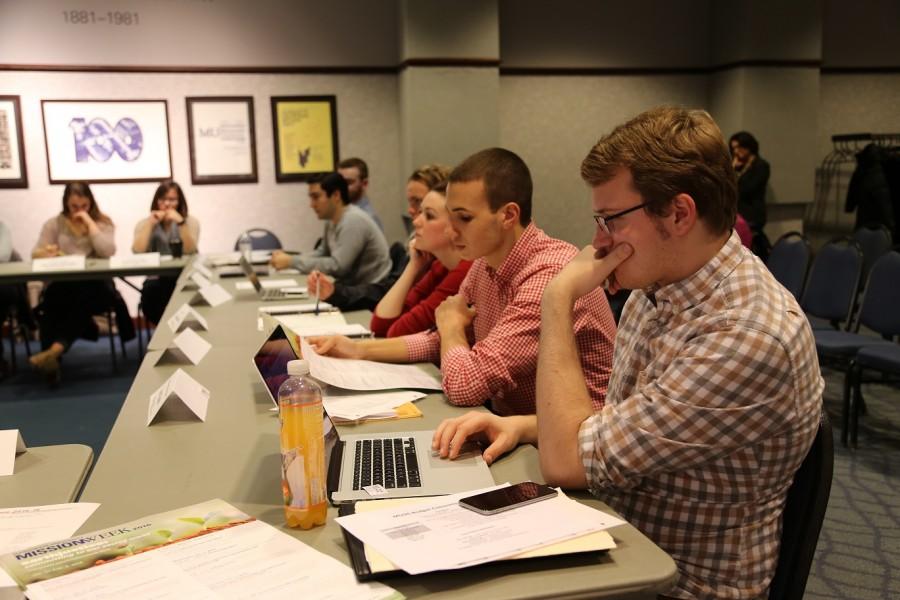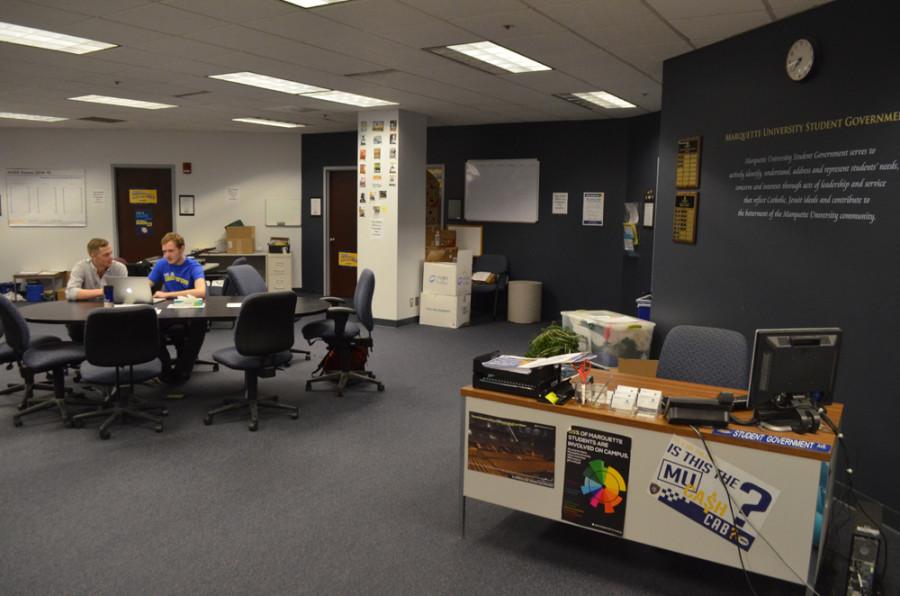Voter turnout increased by three percent in Marquette University Student Government’s 2018 presidential election, falling short of MUSG’s goal of 30 percent.
A total of 1,955 Marquette students voted, which is 25.88 percent of the eligible student population. This year’s voter turnout was the highest it’s been in four years. The entire student body at Marquette can vote, as they pay a student activity fee that is covered by their tuition.
Sandra Renderos, a junior in the College of Communication and the multimedia director for MUSG, said the communication department aimed to get more students to the polls this year.
Renderos’ role includes reaching out to individuals through various types of media platforms.
Yesenia Ortega, a junior in the College of Communication and public relations director for MUSG, managed all of its social media.
“We told students that if there was at least a 30 percent voter turnout, the MUSG president (Ben Dombrowski) would either do an eat it or wear it challenge,” Renderos said.
The election is conducted through the Marquette Involvement Link. The election is kept entirely secret. Names are not attached to the ballots.
“Those lists are password protected so that no student information is public. The eligibility lists are created from those lists using only the student username uploaded into (Marquette Involvement Link) and attached to the corresponding ballot,” Jennifer Reid, the student affairs communication director at Marquette, said.
The Marquette Involvement Link assigns a random number as a voter ID. Even in the spreadsheets, there is no way to tell who voted, Reid said. The data only shows the amount of votes cast for candidates, not who voted.
A low voter turnout among young people seemed to be a trend in national presidential elections as well. People ages 18-24 made up roughly 10 percent of the voting population, according to a CNN 2016 exit election poll,
Paul Nolette, an assistant professor of political science, said there are various factors as to why young people seem to be disinterested in voting.
“Part of the answer is that younger voters have not yet made a habit of voting and tend to be less attached to political parties as opposed to individual politicians,” Nolette said.
Nolette said that an even bigger issue may be that it’s logistically difficult for young people to vote.
“Younger people tend to move more frequently – either for college or the first jobs in their career – and registering to vote can be an added time commitment,” Nolette said.
Mary Kate Jezuit, a freshman in the College of Arts & Sciences, said she voted in the MUSG election because she saw people campaigning and received various emails. She said she believes it is important to vote in elections outside of Marquette as well.
“I think it is important to vote — especially in the present climate — because so many people have such strong opinions about the current situation in Washington, and voting is one of the best ways an average citizen can make an impact,” Jezuit said.
Timothy Maga, a professor of political science, said increasing voter turnout is complicated. Lots of variables impact whether or not a person votes. Money plays a large role in politics, he said.
“Getting voters to the polls takes more than willing volunteers with a car or bus. It takes money and clockwork organization,” Maga said.
Reminding and encouraging friends to vote can also be important, Nolette said. Additionally, he said it is important to use voting as a voice.
“In short, voting is the most direct way to send a message to politicians about the priorities they ought to be paying attention to,” Nolette said.
Correction: An earlier version of this story stated that Renderos managed MUSG’s social media. Ortega managed its social media. The Wire regrets the error.


